Using talk and the body to prevent gender-based violence
Find out about this Marsden-funded research project led by Professor Ann Weatherall and Bell Murphy.
Violence and sexual abuse against women and girls is a widespread problem in Aotearoa New Zealand. Empowerment self-defence courses have been found to be effective in preventing violence in the first place. To better understand how the courses work, we are video-recording and analysing them.
We want to understand how to prevent gender-based violence from happening. Empowerment self-defence training can reduce women's vulnerability to violence and increase their self-confidence. We study these classes to understand how empowerment self-defence is taught and how psychological, verbal and physical strategies can be used to de-escalate and resist violence.
People who learn self-defence can find it transformational. Our research uncovers how these transformations occur by examining how talk and the body are used to prevent violence. By understanding what empowerment self-defence looks like, our findings can inform and improve important interventions for preventing gendered violence.
Meet the researchers
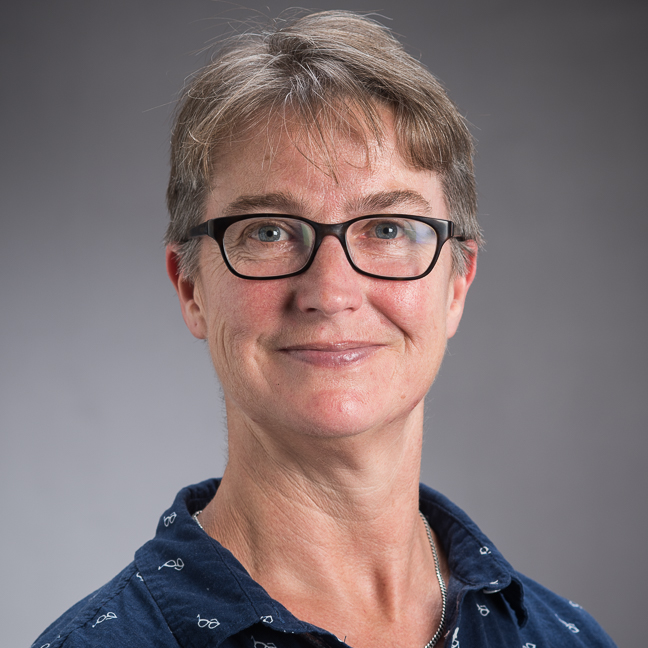
Ann Weatherall
Co-principal investigator
Ann Weatherall is an adjunct professor of Psychology at Te Herenga Waka—Victoria University of Wellington and is based at University of Bedfordshire, Luton. She studies language and communication drawing on, and further developing, feminist and discursive psychological theories and methods. Ann has published seven books and more than 100 journal articles, book chapters, and other scholarly publications on a wide range of gender issues, including motherhood, sex work, and violence. Her work has led to theoretical and empirical re-specifications of key disciplinary topics including age, cognition, emotion, gender and sexuality.
Currently, she is focusing her work on the problem of gendered violence. In addition to this project, she is working on one that examines calls to the police classified as ‘family harm’.
Ann is leading the project with Bell and is primarily responsible for producing the scholarly outputs.
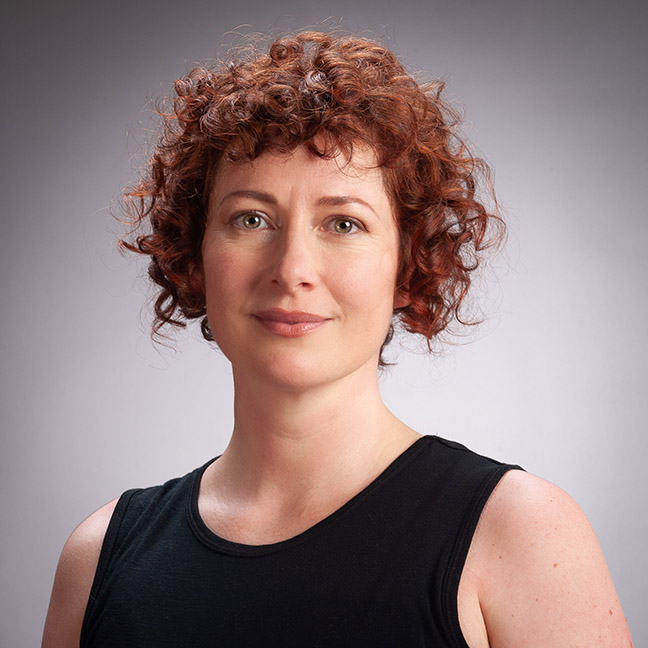
Bell Murphy
Co-principal investigator
Bell Murphy is an accredited self-defence teacher and member of Kia Haumaru—Personal Safety Education. She holds a BA (Hons) in Social Anthropology and is a PhD candidate in the Otago Gender Studies Programme.
Her research seeks to illuminate the meaning and praxis of empowerment in the context of feminist self-defence programmes in Aotearoa/New Zealand. This terrain is explored through engagement with feminist and mana wāhine political theory, critical pedagogy and social work scholarship.
The data is grounded in her experience as an empowerment self-defence a teacher, her involvement in interviews and focus groups with other teachers, and her observations of their classes. She uses a mixture of autoethnography and thematic analyses.
Bell is a co-leader of the project overseeing all aspects of its delivery, alongside project founder, Ann Weatherall. Bell’s primary responsibilities include liaising with Kia Haumaru (our research partners), overseeing the organisation and completion of fieldwork, developing analysisand creating academic and community outputs.
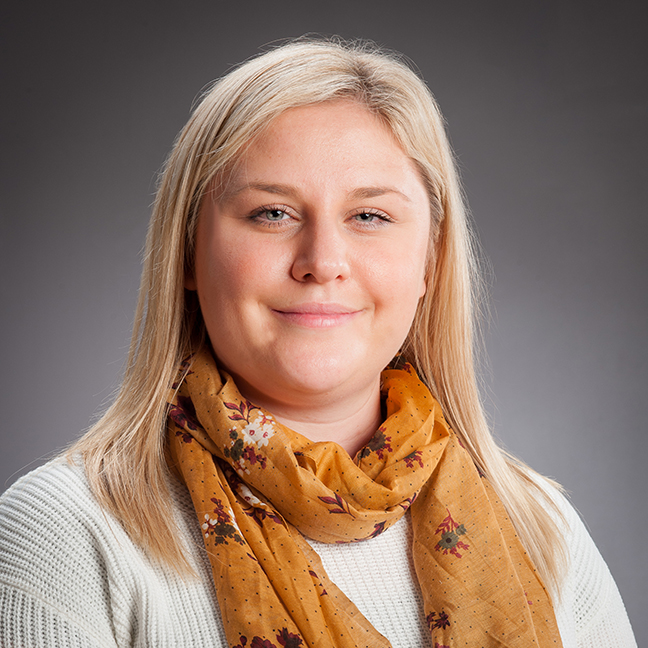
Nichola Tyler
Associate investigator
Nichola is a Lecturer in Forensic Psychology at Te Herenga Waka. Nichola’s research interests primarily lie in the areas of deliberate fire-setting/arson (aetiology, prevention, and intervention), sexual violence prevention, and issues related to mental health in forensic contexts (for example, mental health needs of justice involved people and staff working in these settings).
Nichola completed her PhD at the University of Kent (UK) in 2015, followed by postdoctoral research at the same institution. In addition to her academic work, Nichola has experience of working in UK community and secure forensic settings with men and women who have offended.
Nichola is part of the editorial board for several international journals, including Criminal Justice and Behavior and the Journal of Forensic Practice.
Nichola’s research has an applied focus and broadly aims to provide outcomes that can help to inform evidence-based policy and practice. Therefore, much of her research has involved working with community, health, and corrections partners (for example, National Health Service UK, Her Majesty’s Prison and Probation Service UK, Fire and Emergency New Zealand) to realise this aim.
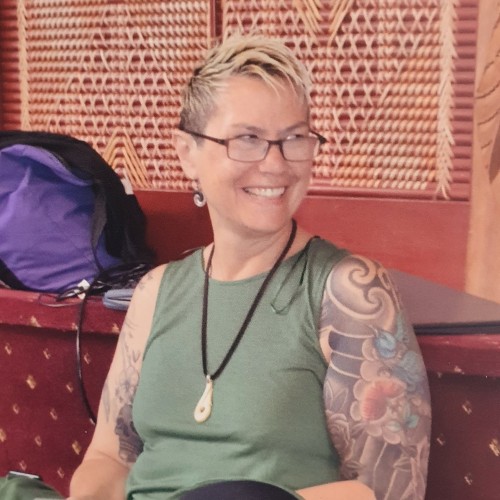
Annie Tupaea
Associate Investigator – Kaupapa Māori and Personal Safety Research Project
Annie is an accredited Kia Haumaru Kaiako and network member since 2017 where her current roles include Māori Co-Chairperson of the Kia Haumaru Board, lead trainer of the Training and Evaluation Team, and a member of the Kaupapa Māori Course Development Team.
Annie also co-leads a Women’s Refuge in the Eastern area of Tamaki Makarau where her passion to serve others is seen within her practice and guidance for both staff and clients within the family and sexual violence space. This leadership role also requires leading the Māori Growth Strategy for the organisation where guidance and mentoring of mana enhancing practices and Te Ao Māori values and beliefs are encouraged throughout the organisation’s foundations and processes.
With a Bachelor of Counselling and Diploma in Māori Mental Health, Annie has centred her research projects on healing with a Te Ao Māori world view, the historical, social and political analysis of family violence from a wāhine Māori perspective while developing a Kaupapa Māori hauora programme for those who have been affected by gendered violence.
Annie’s role on the Talk and Body Project is to lead and oversee the Kaupapa Māori and Personal Safety Research Project (KMPS). The role involves supporting the development of a new Kaupapa Māori programme for Kia Haumaru that addresses gendered violence while centring the strength, power and courage of wāhine Māori. The project will be informed by interviews with key participants, it will be theoretical and practical documenting how it draws upon and further develops a Māori worldview in the context of violence prevention/empowerment education.
Associate investigator
University of Basel
Lorenza is Professor for linguistics at the University of Basel. Her research deals with social interaction in ordinary, professional and institutional settings, within an ethnomethodological and conversation analytic perspective.
Lorenza's focus is on video analysis and multimodality, researching how the situated and endogenous organization of social interaction draws on a diversity of multimodal resources including language, gesture, gaze, body posture, movements,objects manipulations as well as multisensorial practices such as touching, tasting, smelling and seeing.
Lorenza’s role is an advisory one, providing the project team with expert guidance on making video-recordings to maximise their research potential and on the development of original multimodal conversation analytic lines of inquiry. She supports the work of the project by her participation in
training workshops and data sessions.
Hannah Aslett
Research assistant
Hannah holds a Bachelor of Arts degree in Psychology and Criminology, and a Bachelor of Arts with Honours degree in Criminology, from Te Herenga Waka—Victoria University of Wellington. She is passionate about feminist criminology, and the reinforcement of power structures, stereotypes, and micro-aggressions that impact women-identifying people from diverse backgrounds.
Hannah completed a research project entitled “A Feminist Analysis of the Media Representation of OnlyFans in the COVID-19 Pandemic” in her Honours year, focusing on the media coverage of women sex workers who used the online platform ‘OnlyFans’ during the initial year of the pandemic.
Learning from her experience as a volunteer at the Lower Hutt Women’s Centre, Hannah has become committed to understanding and exploring women’s experiences of social injustice outside of her own western-centric perspective.
As a research assistant, Hannah is involved in transcribing and processing filmed data and taking part in analytic group discussions. She is currently developing her research on the use of stories as a teaching tool in empowerment self-defence training.
Gemma Mackenzie
Research assistant
Gemma holds a BA (Hons) in Media Arts from Royal Holloway University of London. She specialised in Feminist Film and Creative Drama video production but has since taken more of an interest in Documentary filmmaking.
After moving to Wellington in 2007 she began to work as a Technician for live events predominantly in the field of camera and video post-production.
She maintains a secondary role for Te Herenga Waka—Victoria University of Wellington at the Miramar Creative Centre, where she is a part-time technical officer and holds a passion for breaking down barriers for women working in the film and technology sectors.
As a research assistant, Gemma has day-to-day administrative responsibilities. She also oversees technical audiovisual work, operational aspects of fieldwork, data management, and postproduction video work.
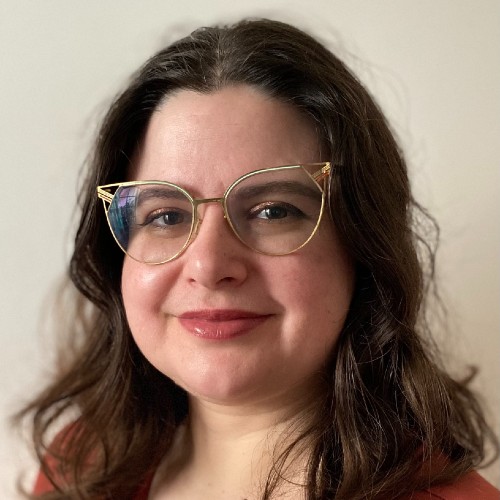
Ann Doehring
Ann received a PhD in social psychology from Loughborough University in 2019. Her doctoral research used conversation analysis to examine three-party interactions between doctors, patients, and their companions in a UK seizure clinic. Before returning to New Zealand, she worked as a Research Associate in the Department of Communication and Media at Loughborough University, looking at how palliative healthcare practitioners manage disagreements between patients and companions about healthcare options. She is interested in how people use language to navigate difficult and delicate conversations, and how people negotiate their roles and participation in an interaction.
As a Research Assistant, Ann is involved in transcribing, building collections, and analysis.
Former Team members
Dr Emma Tennent, Chelsea Gardiner, Charm Phear, Chloe Te Moananui, Amy Wikaira, Sarah Bowen, Meg Wolmarans
